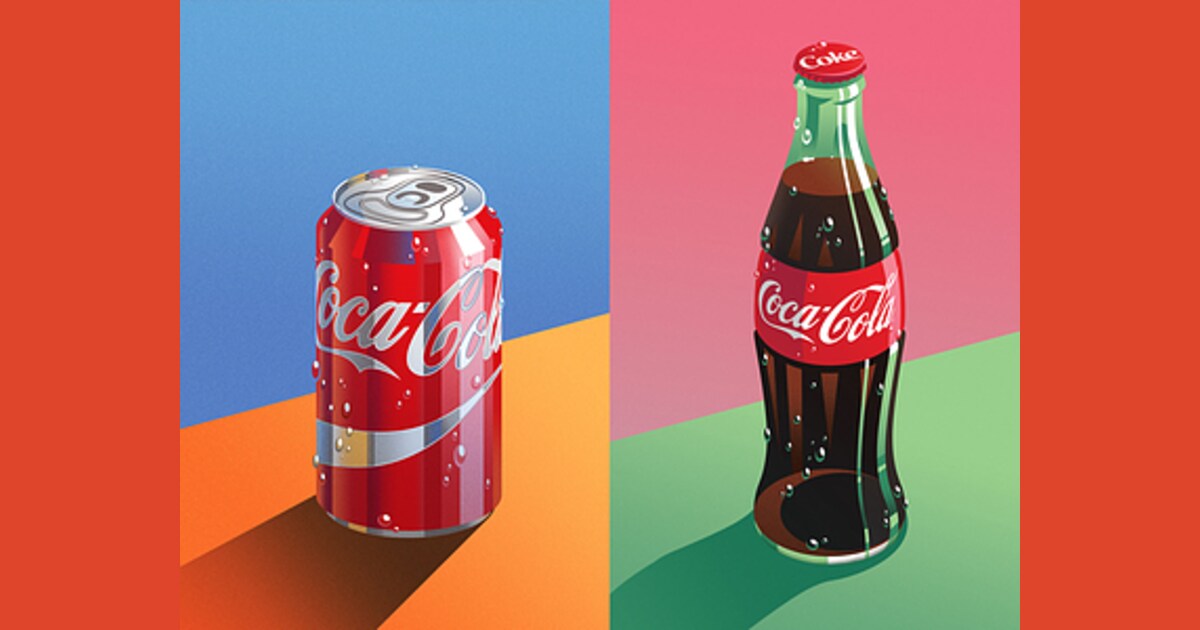Soda is the bubbly delight that tickles your taste buds and quenches your thirst. But what does soda do to your stomach? Let’s spill the carbonated beans!
So, What Does Soda Do To Your Stomach?
Americans consume a staggering amount of soda, particularly favorites like Coca-Cola, Diet Coke, Pepsi, Dr. Pepper, and Mountain Dew, making the global soft drinks market worth over $413 billion.
However, beneath the fizzy allure of these beverages lie ingredients that can have a surprisingly adverse impact on the stomach.
Soda is essentially a carbonated water-based drink infused with carbon dioxide gas, which creates those signature bubbles. Additional flavor, sweetness, and sometimes artificial sweeteners are added to enhance taste.
When consumed, the body warms the liquid, releasing carbon dioxide as gas, causing bloating, discomfort, a feeling of fullness, and the urge to burp.
In fact, this effect is showcased at the World Burping Championship, where contestants consume gallons of carbonated beverages to achieve record burps.
Apart from carbonation, the high sugar content and artificial sweeteners found in many sodas can further disrupt digestion. Excessive sugar intake can lead to fluid shifts and rapid blood sugar spikes, resulting in nausea, cramping, and diarrhea in some individuals.
Moreover, soda products often have high acidity due to flavor additives, increasing stomach acidity and potentially exacerbating heartburn and abdominal discomfort.
Medical experts like Dr. Jamie Bering, a gastroenterologist at Mayo Clinic, caution against regular soda consumption due to the associated health risks and discomfort.
Frequent soda consumption is linked to Type 2 Diabetes, nutritional deficiencies, increased heart disease risk, leptin hormone resistance (regulating calorie burn), and obesity.
Excess weight can pressure the stomach, potentially causing the lower esophageal sphincter to relax, leading to stomach acid reflux and symptoms like regurgitation and chest discomfort.
For those unwilling to give up soda entirely, Jen Messer, a registered dietitian, suggests mitigating the negative effects. Drinking soda slowly or in small amounts helps the stomach adjust to carbonation and prevents gas and bloating.
Avoiding soda on an empty stomach and being attentive to individual stomach sensitivities can also minimize discomfort.
In conclusion, while soda remains a beloved beverage, it’s essential to be aware of its potential impact on the stomach. Excessive consumption can lead to various digestive discomforts and contribute to serious health issues.
Making informed choices about soda consumption and adopting moderation can help individuals enjoy their favorite fizzy drinks while minimizing adverse effects on their stomachs and overall health.
So what are your thoughts about soda? Write in the comments below!








Leave a Reply
You must be logged in to post a comment.